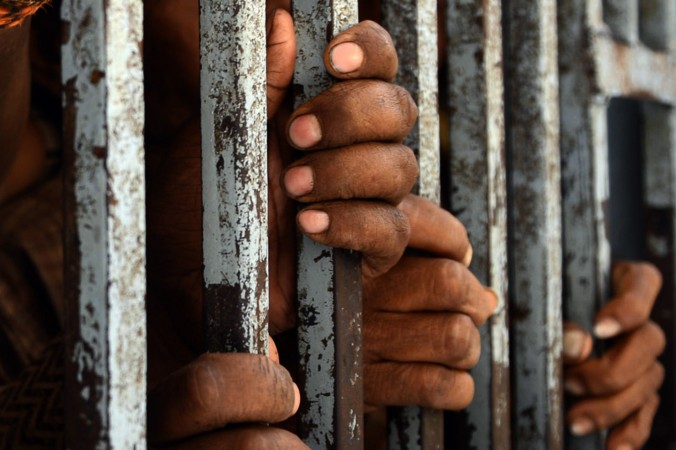Substance Abuse Is A Public Health Issue, Not A Crime
It’s simple. Diversion programs work better than incarceration – for everyone. In cities like Seattle, San Antonio, and Salt Lake City, we see that successful solutions are a viable option to help end serious social problems. These services alter the course of people’s lives in a positive way and save taxpayers huge amounts of money. We cannot continue to isolate and imprison people who suffer from mental illness, substance abuse, or homelessness. We must treat them with compassion and care to better serve our communities and our pocketbooks.
It's time we got serious about pulling our money out of incarceration and putting it into systems that foster healthy communities. Hundreds of thousands of people are locked up not because of any dangerous behavior, but because of problems like mental illness, substance use disorders, and homelessness, which should be dealt with outside the criminal justice system. Services like drug treatment and affordable housing cost less and can have a better record of success.














